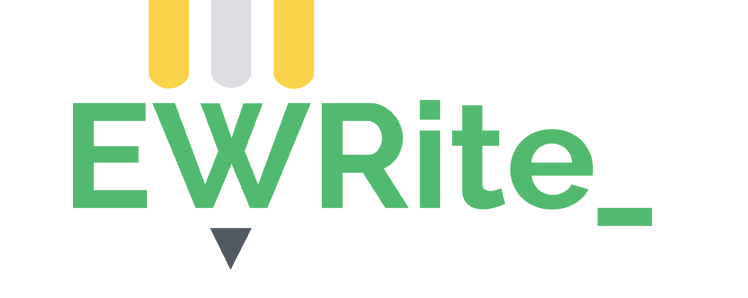Literature Reviews
1 What are literature reviews?
A literature review is a written document (or part of a document) that presents a logically argued case founded on a comprehensive understanding of the current state of knowledge about a topic of study. It can be a standalone assignment or a section of a larger piece of work such as a research paper. Writing a literature review involves summarizing and evaluating key sources on a topic and explicitly demonstrating the links between them.
Literature reviews can be classified into two main types - (1) basic reviews and (2) advanced reviews, according to purposes for writing them.
The basic literature review summarizes and evaluates the existing knowledge on a particular topic. Its purpose is to produce a position on the state of that knowledge (your thesis). The outcome of the literature review will be the discovery and advocacy of a research thesis, which answers the study question. For instance, a class assignment or a journal article might require a basic literature review.
The advanced literature review takes the inquiry one step further. It is the foundation for identifying a problem that demands original research, and is the basis for the study of a research problem. In the advanced literature review, the writer first addresses the current state of knowledge about the study question. Then, based on these findings, the writer proposes a thesis that defines an issue for further study. A Master’s thesis and all doctoral dissertations use the advanced literature review as a stepping-stone for discovering what is not yet known about the topic.
While different types of literature reviews seek different outcomes, the central aim and content is the same: to review earlier studies on a specific topic. In this genre guide, we will refer to example excerpts from a basic review as a standalone assignment to showcase how a literature review can be structured and developed.
Points to note:
Whether it is a basic review or an advanced review that you are about to write, a clear guiding concept (i.e. research objective) is essential. To make sure that your literature review consistently adheres to your research objective, you have to:
i) be selective.
A literature review is not an annotated bibliography that showcases every article or chapter that you have read during the research process. Instead, a literature review should only include sources and articles that are relevant to your research objective.
ii) be analytical.
A literature review is not a descriptive list of sources. Instead, a literature review should go beyond simply summarizing existing works to critically evaluating them with a focus on their relationship to your research objective.
iii) be fair.
A literature review is not a one-sided assessment of your research topic. Instead, a literature review should consider findings that support and contradict your assumptions to avoid displaying bias. The areas of agreement and disagreement should be highlighted with an emphasis on their relevance to your research objective.
About this website
EWRite is an open access online literacy platform for PolyU community that has two major objectives:
- to support PolyU students’ literacy development within and across the disciplines
- to support subject and language teachers to implement system-level measures for integrating literacy-sensitive pedagogies across the university
This platform provides access to generic genre guides representing typical university assignments as well as links to subjects offered by faculties with specific disciplinary genres and relevant support materials.
The materials can be retrieved by students by choosing the genres that interest them on the landing page. Each set of materials includes a genre guide, genre video, and a genre checklist. The genre guide and video are to summarize the genres in two different ways (i.e. textual and dynamic) to fit different learning styles. The genre checklist is for students to self-regulate their writing process. The genre guide and checklist include links to various ELC resources that can provide further explanation to language items (e.g. hedging and academic vocabulary).
The platform also acts as a one-stop-shop for writing resources for students, language teachers and subject leaders. Information about the English Writing Requirement policy can also be found on this platform. There are training materials for new colleagues joining the EWR Liaison Team.


